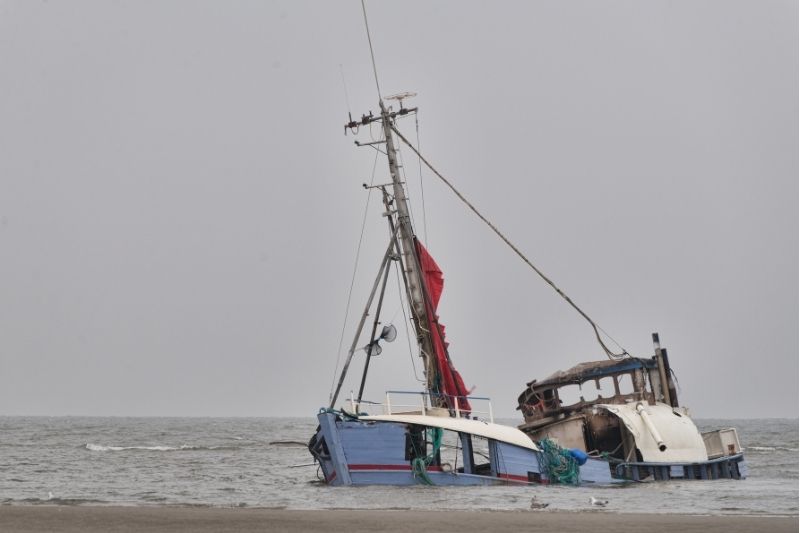No products in the cart.
Fatal Boating Accident: To Sue or Not To Sue

The average person assumes that any accidental death is grounds for a wrongful death claim, but this isn’t necessarily true. There are certain factors that must be proven in order to successfully pursue this type of personal injury claim.
This is especially true in terms of boating accidents since not all boating accidents are the result of human negligence or error. The following guide looks at how wrongful death statutes relate to boating accidents.
What Is a Wrongful Death?
Essentially, a wrongful death claim is the legal recourse a family has when the death of their loved one occurred sooner than it should have and, as a result, caused the family an undue financial burden. In order to prove that a death was wrongful, the attorney working for the family or plaintiff must show that the other party acted negligently or with the intent to cause harm.
The success of your claim will depend on your ability to show that the defendant owed a duty of care to your loved one and that they acted negligently, breaching that duty of care. Your attorney must also be able to show that the negligence directly resulted in the death and that the death caused a financial burden to the plaintiff.
Proving this process is a complicated undertaking and it can be time consuming, so it’s important to act quickly if your loved one was a victim of wrongful death. There’s a time limit on how long you have to file a wrongful death claim, and this involves dealing with the defendant’s insurance company prior to filing a lawsuit.
If your attorney can negotiate a fair settlement, you may not have to go to trial at all. This is why it’s important to consult a lawyer as early as possible in the process.
How Is Negligence Proven in a Boating Fatality?
The same conditions apply in a boating accident fatality as in any other type of fatal accident in terms of establishing a valid wrongful death claim. This means showing that the operator or owner of the boat had a duty of care. If the individual took the boat without permission and later crashed the boat, causing his own death, the boat’s owner cannot be held liable.
However, if the boat owner invited the person onto his boat and crashed the boat as a result of operating it unsafely, the operator can be held liable for the death of the passenger. Once the owner or operator of the boat invites others onto his vessel, he assumes responsibility for the safety of those individuals. If he proceeds to act in an unsafe manner, he can be charged with breaching that duty of care.
What Factors Help Determine Negligence
If an act of nature, such as a storm, causes the boat to capsize and your loved one drowns because they can’t swim, it may be especially difficult to prove a wrongful death claim. Certain factors make it easier to show negligence.
For instance, if the operator of your boat crosses the wake or waves left behind by another vessel, the proximity to that other vessel, weather conditions, and speed of the second vessel may all be considered in proving negligence. The operator of the boat should also be sure to warn his passengers of a coming wave and instruct them to take safe positions in the vessel.
A wrongful death claim may otherwise be pursued against the operator of a second boat. For example, if the second boat is being operated in an unsafe manner and is traveling too fast through populated areas, it may be their negligence that caused the death. Alternatively, if your boat was stationary, it’s the responsibility of the traveling vessel to yield the right of way. Another factor to consider is whether or not any of the boat operators were drinking alcohol while operating their vessel. If so, that can compound their negligence depending on state law [source].
If you think your loved one’s boating death was the result of operator negligence, you should consult a personal injury attorney as soon as possible. Much like every type of injury claim, there’s a statute of limitations that applies to a wrongful death suit. If you wait too long to act, you may miss the opportunity to seek damages for your loss.
















Leave a Reply